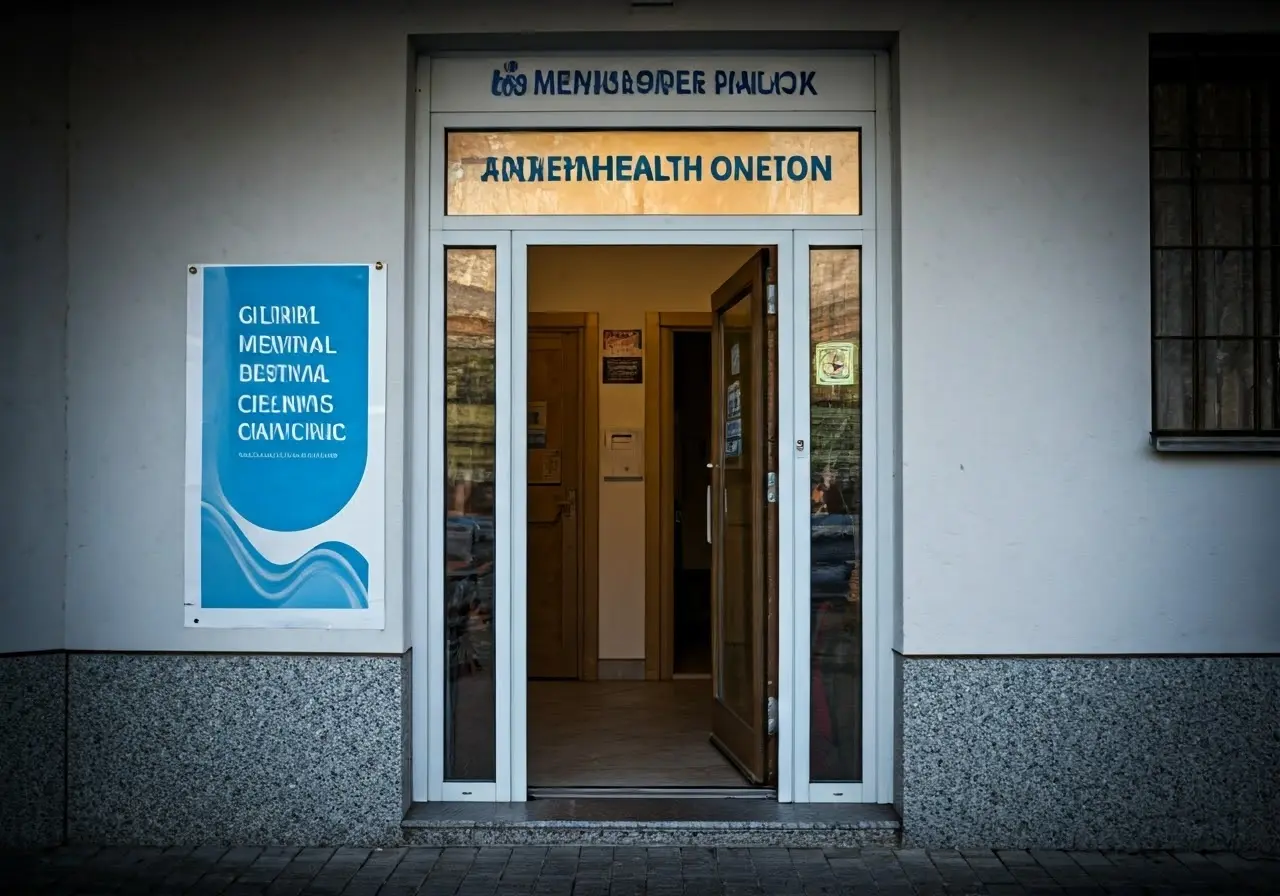Navigating a psychiatric crisis can be overwhelming, but it’s vital to know how to access the right services quickly. This guide will help you understand the steps to take to find psychiatric crisis intervention services in your state effectively.
Identify Your Immediate Need
Understanding the nature and urgency of the psychiatric crisis will guide you to the appropriate level of care needed. First, assess the situation calmly, looking for signs such as potential harm to oneself or others, severe disorientation, or extreme emotional distress. This initial assessment will help dictate whether immediate intervention is needed, or if other resources can be tapped into first. Remember, clear and calm thinking in the initial stage is crucial.
Having a checklist of symptoms and emergency contacts can be very helpful in these scenarios. Anxiety, confusion, hallucinations, and unpredictability in behavior are commonly observed during psychiatric crises. These signs should not be ignored. Detailed awareness of these symptoms not only aids the person in crisis but also prepares friends and family to respond appropriately.
For those unsure about what constitutes an ‘immediate need’, mental health professionals or hotlines can offer quick guidance. Initial questioning or discussions with qualified individuals via phone or online can clarify the urgency and help in making swift decisions.
Contact Local Emergency Services
Learn when to call 911 or local emergency services and what information to provide during the call to ensure safety. When a loved one or yourself are experiencing a psychiatric crisis that involves immediate danger, calling 911 is essential. It’s important to clearly articulate the situation, mentioning any potential danger and the precise location. Precise information can help emergency personnel arrive and provide support more efficiently.
Be prepared to describe the person’s behavior, any known psychiatric history, and medications they may be taking. These details are crucial as they help responders provide tailored intervention suitable for the crisis at hand.
There may be stigma or hesitation associated with calling emergency services, but remember, safety is paramount. The quicker the response, the better the chances of preventing harm and getting professional support onsite.
Locate State-Specific Crisis Hotlines
Each state offers crisis hotlines; know how to find and contact them for immediate guidance and support. Crisis hotlines can be a lifeline during psychiatric emergencies, offering immediate advice and comfort. They are staffed by trained professionals who can help de-escalate situations and determine the next steps in care.
A simple online search or a call to local governmental health departments can provide you with valuable hotline numbers. These numbers often appear on the websites of state health services, or as a service of nonprofit mental health organizations. Having these numbers written down and easily accessible can be incredibly useful during a crisis.
In addition to state-specific options, national hotlines like the National Suicide Prevention Lifeline at 1-800-273-TALK (1-800-273-8255) can offer 24⁄7 support. They can redirect and connect you to your respective state’s specific resources.
Visit Emergency Rooms or Psychiatric Facilities
In severe cases, knowing when and how to visit the nearest emergency room or psychiatric facility is crucial for safety. Emergency rooms are equipped to handle psychiatric crises by providing immediate medical evaluation and stabilization of the patient. Here, professionals are trained to differentiate between direct psychiatric care and other emergency medical needs.
Besides ERs, some states have specialized psychiatric facilities with 24-hour access. These centers provide targeted care catering to mental health emergencies outside general medical concerns. Knowing their location and services ahead of a crisis can expedite getting appropriate care.
Always remember to carry crucial medical information, such as insurance, identification, a list of current medications, and any known mental health diagnoses. This information facilitates an effective and quick response.
Explore Online Resources and Support Groups
Online platforms and peer support groups can offer additional information and emotional support during a crisis. Websites such as Mental Health America and the National Alliance on Mental Illness provide resources, from reading materials to forums for exchanging support experiences.
Participating in online communities can help normalize emotions for those in crisis, providing reassurance that they are not alone. These communities often share personal strategies that have been useful, infusing hope and potential coping mechanisms into situations that may feel dire.
Some online services also provide live chat assistance, giving real-time help without the need for verbal communication. This can be especially beneficial for those who may find verbal communication overwhelming during a crisis.
Empower Yourself with Knowledge
By becoming familiar with local resources, understanding what to do in immediate crises, and learning how to support others, you can become better prepared to access psychiatric crisis intervention services. Remember, timely help can make a significant difference.


